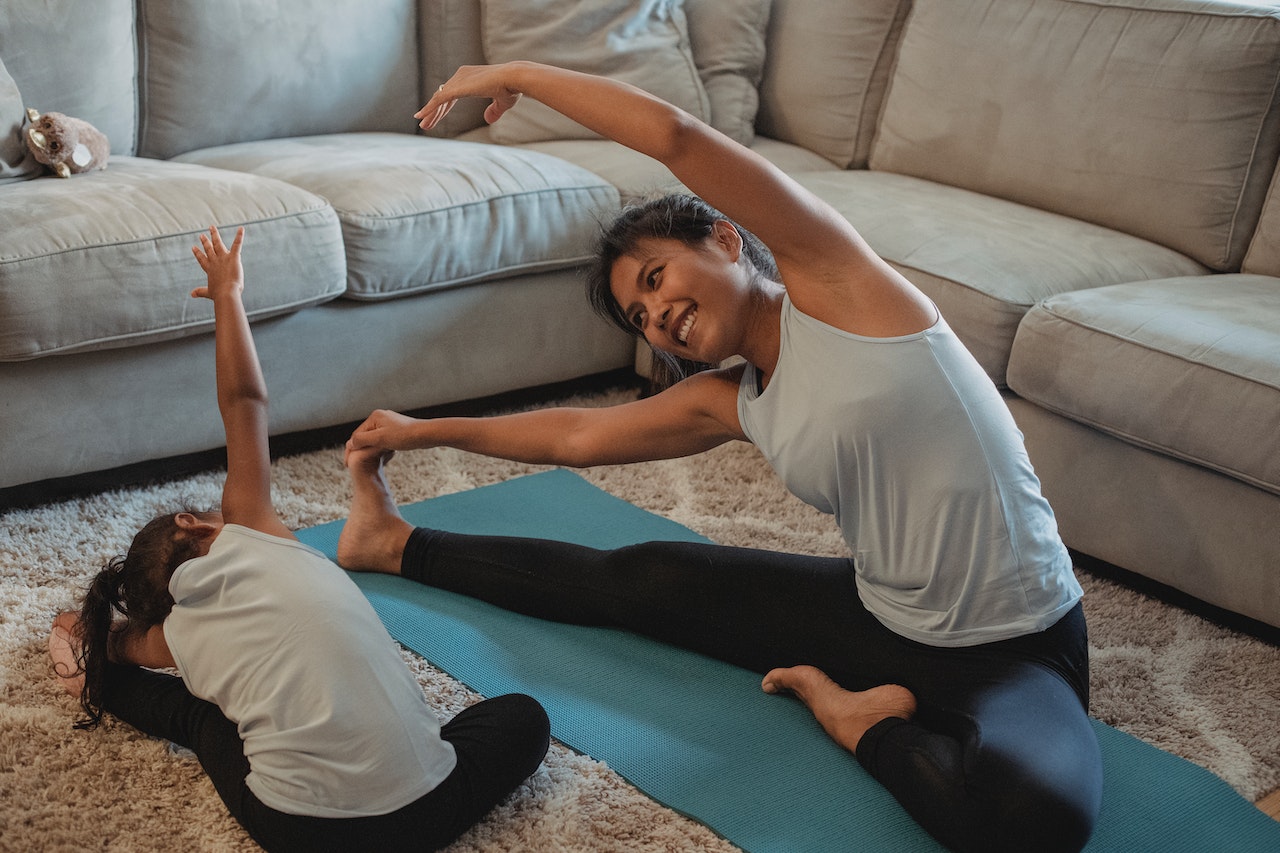Are you tired of constantly yelling at your child to get them to behave? Do you want to create a positive and nurturing environment in your home? Positive reinforcement parenting for children may be the solution you’ve been searching for!
As parents, we like our children to grow up happy, confident, and booming individuals. Positive reinforcement parenting techniques are widely regarded as one of the most effective methods for raising happy, confident, and successful children. Positive reinforcement parenting is a form of parenting that focuses on rewarding good behavior rather than punishing bad behavior. In this article, we’ll explore the benefits of positive reinforcement parenting for children ages 4-12 and how you can implement these techniques in your parenting style.
What is Positive Reinforcement?
Positive reinforcement parenting is based on the belief that children will respond better to praise and positive feedback than to punishment and negative feedback. By praising good behavior, children are more likely to repeat that behavior in the future. This approach to parenting is backed by research and has been proven to be highly productive in creating happy, confident, and successful children.
What are natural, tangible, social, and token reinforcers?
Natural, tangible, social, and token reinforcers are the four main types of positive reinforcers that can be used to encourage and promote positive behavior in children.
Natural reinforcers:
These are naturally occurring consequences that follow a behavior, such as feeling satisfied after completing a task.
Tangible reinforcers:
These are physical rewards that a child can receive for positive behavior, such as a toy or a treat.
Social reinforcers:
Rewards involve social interaction, such as verbal praise or a high-five.
Token reinforcers:
A child can earn these tokens or points for positive behavior, which can later be exchanged for a tangible reward.
The Benefits of Positive Reinforcement Parenting:

Encourages Positive Behavior:
Positive reinforcement parenting is a proactive approach that encourages good behavior. Rather than waiting for your child to misbehave and punishing them, positive reinforcement parenting involves actively looking for opportunities to praise and reward good behavior. By doing so, children are more likely to repeat that behavior in the future.
Builds Self-Esteem:
When children are praised for their excellent behavior, it helps to develop their self-esteem. They feel good about themselves and are more likely to have a positive self-image. This, in turn, can lead to better academic performance, improved social skills, and a more positive outlook on life.
Reduces Negative Behavior:
Parents can reduce the negative behavior they see in their children by focusing on positive behavior. Children are less likely to act out or misbehave when praised for good behavior. This can lead to a more peaceful and harmonious home environment.
Strengthens Parent-Child Bond:
Positive reinforcement parenting involves spending quality time with your child and building a strong relationship based on trust and respect. When children feel valued and appreciated, they are likelier to open up to their parents and share their thoughts and feelings.
How to Implement Positive Reinforcement Parenting:

Catch Your Child Being Good:
Make a conscious effort to catch your child being good. When you notice your child doing something positive, praise them for it. This could be as simple as saying, “good job” or “thank you for being so helpful.”
Use a Reward System:
Consider using a reward system to encourage good behavior. This could be as simple as giving your child a sticker for every day they behave well or a small treat for completing their chores without being reminded.
Be Specific with Praise:
When you praise your child, be specific about what they did well. For instance, instead of saying “good job,” say “I appreciate how you helped clean up the kitchen. That was very responsible of you.”
Be Consistent:
Consistency is vital when it comes to positive reinforcement parenting. Ensure you consistently praise good behavior and use the same reward system. This will help your child understand your expectations of them and what they can anticipate from you.
Conclusion:
Positive reinforcement parenting is a highly effective parenting technique that can lead to happier, more confident, and more successful children. Parents can encourage their children to behave well and develop a positive self-image by focusing on positive behavior and using praise and rewards. By implementing these techniques in your parenting style, you can create a positive and nurturing environment in your home, build a stronger bond with your child, and create a happier family dynamic overall. Remember to catch your child being good, use a reward system, be specific with your praise, and be consistent in your approach. With time and practice, positive reinforcement parenting can become second nature, and you’ll be amazed at its positive impact on your child’s behavior and outlook on life. So why not give it a try? Your child (and your sanity) will thank you!
FAQs for The Power of Positive Reinforcement Parenting for Children
What are the four types of positive reinforcement?
Positive reinforcers can be classified into four main types, which include natural reinforcers, tangible reinforcers, social reinforcers, and token reinforcers.
How effective is positive reinforcement?
Positive reinforcement is a highly effective method for promoting and increasing positive behavior in children. Positive reinforcement is significantly more effective and efficient in promoting positive behavior than punishment.
Who is known for positive reinforcement?
F. Skinner coined the term “positive reinforcement” in his theory of operant conditioning. Positive reinforcement strengthens a behavior or response by offering rewards, encouraging the repetition of desired behavior.
How do you identify positive reinforcement?
The concept of reinforcement is based on how it impacts the preceding behavior. If a consequence is given and the behavior increases, regardless of whether or not the consequence was enjoyable, it is considered a positive reinforcer.
Happy Parenting!
Related Articles:
How Do Routines Help A Child’s Development
Benefits Of Doing Household Chores for a Child
How Does Bullying Affect Child Development








